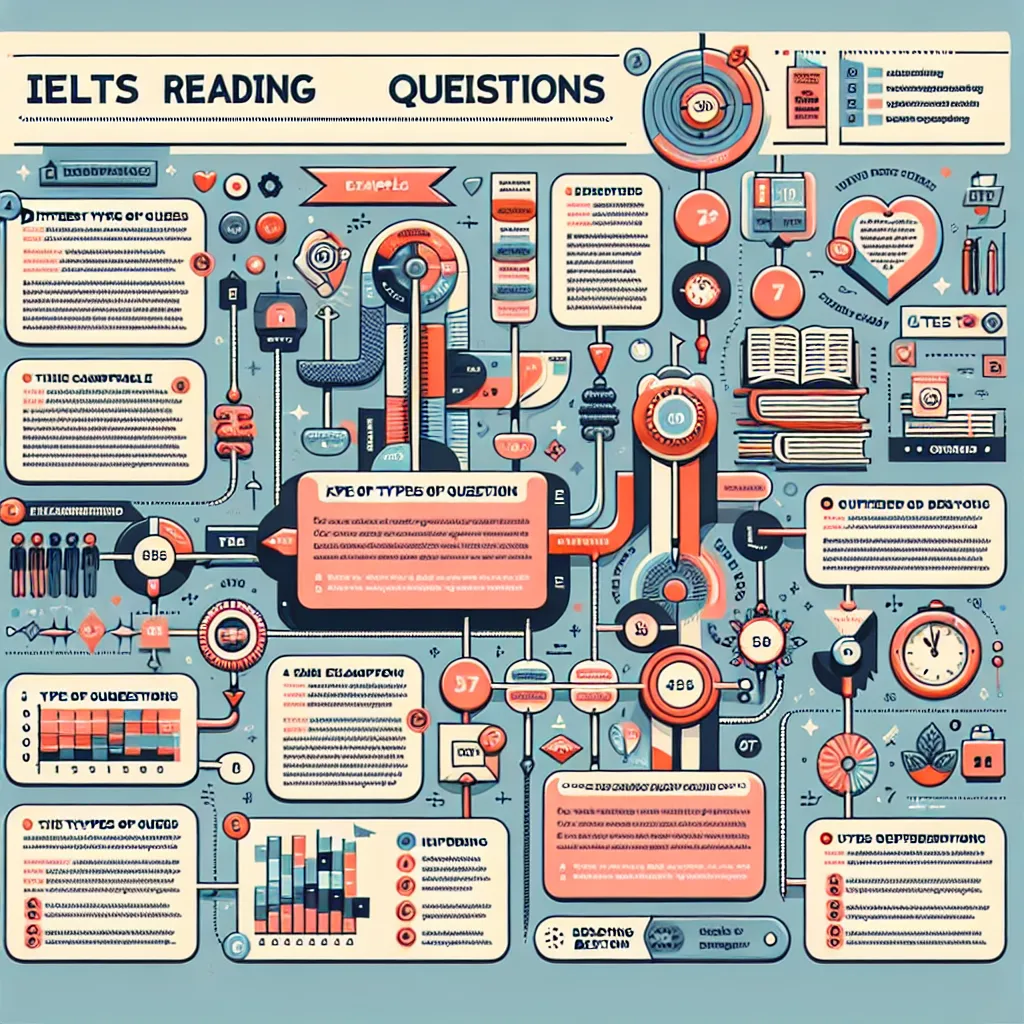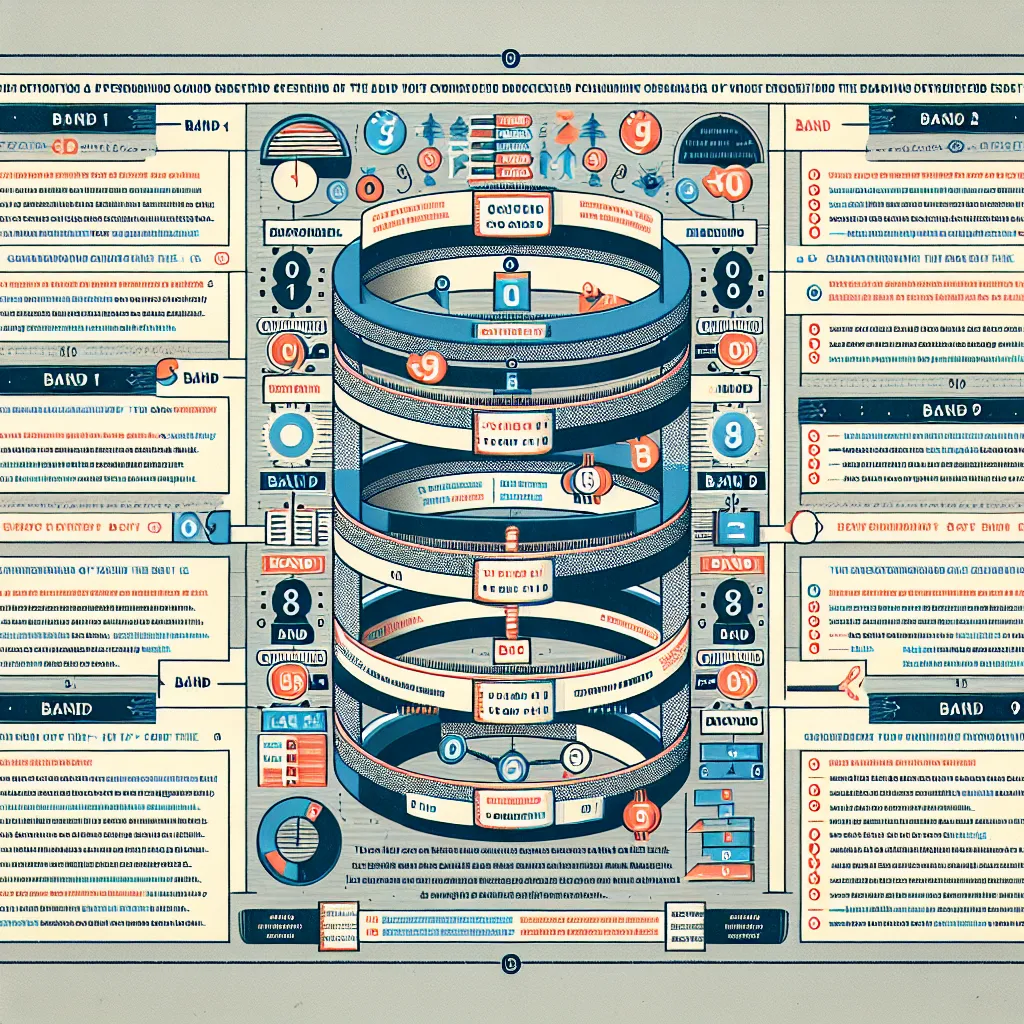Are you preparing for the IELTS Reading test and feeling overwhelmed by its challenges? You’re not alone. Many test-takers find themselves falling into common traps that can significantly impact their scores. In this comprehensive guide, we’ll explore expert strategies to help you navigate these pitfalls and boost your performance in the IELTS Reading section.
Understanding the IELTS Reading Test
Before we dive into specific strategies, it’s crucial to understand the nature of the IELTS Reading test. This section assesses your ability to read and understand complex texts, identify main ideas, and interpret detailed information. The test consists of three passages of increasing difficulty, with a total of 40 questions to be answered in 60 minutes.
 IELTS Reading Test Overview
IELTS Reading Test Overview
Common Traps in IELTS Reading
1. Time Management Issues
One of the most significant challenges in the IELTS Reading test is managing your time effectively. Many test-takers spend too much time on difficult questions, leaving insufficient time for the rest of the test.
Strategy: Allocate your time wisely. Spend about 20 minutes on each passage, leaving a few minutes at the end to review your answers. If you encounter a particularly challenging question, don’t get stuck – move on and return to it later if time permits.
2. Falling for Distractors
IELTS Reading questions often include “distractors” – answer choices that seem correct but are actually incorrect. These are designed to mislead test-takers who don’t read carefully enough.
Strategy: Read each question and all answer choices thoroughly before deciding. Look for subtle differences in wording that might change the meaning. Always refer back to the passage to verify your choice.
3. Misinterpreting Vocabulary in Context
The IELTS Reading test often includes words that may have multiple meanings. Test-takers sometimes misinterpret these words based on their more common usage, rather than understanding them in the context of the passage.
Strategy: When you encounter unfamiliar words or phrases, try to understand their meaning from the surrounding context. Don’t rely solely on your prior knowledge of the word.
4. Overlooking Key Information
In the rush to complete the test, it’s easy to miss crucial details or key phrases that are essential for answering questions correctly.
Strategy: Practice active reading techniques. Underline or highlight key information as you read. This will help you locate important details quickly when answering questions.
Advanced Techniques to Improve Your Performance
Skimming and Scanning
Mastering the art of skimming and scanning is crucial for success in the IELTS Reading test.
- Skimming: Quickly read through the passage to get a general idea of its content. Focus on the first and last sentences of each paragraph, headings, and any bold or italicized text.
- Scanning: Rapidly search for specific information within the text. This is particularly useful for questions that ask about dates, names, or specific facts.
Predicting Question Types
Familiarize yourself with the various question types in the IELTS Reading test. This includes multiple choice, matching headings, true/false/not given, and gap-filling questions, among others. By recognizing the question type quickly, you can adapt your reading strategy accordingly.
 IELTS Reading Question Types
IELTS Reading Question Types
Developing Critical Reading Skills
To avoid common traps, it’s essential to read critically. This means:
- Identifying the author’s tone and purpose
- Distinguishing between facts and opinions
- Recognizing supporting evidence and examples
Practice these skills regularly with a variety of texts to enhance your critical reading abilities.
Common Mistakes to Avoid
-
Not reading the instructions carefully: Each question type has specific instructions. Failing to follow these can lead to unnecessary errors.
-
Relying on background knowledge: Always base your answers on the information provided in the passage, not your personal knowledge of the topic.
-
Panicking when encountering difficult vocabulary: Remember, you don’t need to understand every word to comprehend the main ideas and answer questions correctly.
-
Failing to check answers: Always double-check your answers if time permits, especially for questions involving transferring answers to the answer sheet.
Next Steps: Practical Exercises
To reinforce these strategies, try the following exercises:
-
Time yourself reading articles from reputable sources like scientific journals or quality newspapers. Practice summarizing the main points within a set time limit.
-
Create your own “trap” questions based on passages you’ve read. This will help you understand how these questions are constructed and how to avoid them.
-
Work on expanding your vocabulary, focusing on academic and subject-specific terms commonly found in IELTS Reading passages.
-
Take regular practice tests under timed conditions to improve your time management skills.
Conclusion
Avoiding common traps in IELTS Reading requires a combination of strategic reading, time management, and critical thinking skills. By understanding these potential pitfalls and implementing the strategies discussed, you can significantly improve your performance on test day. Remember, consistent practice and a methodical approach are key to success in the IELTS Reading test.
We encourage you to share your experiences and any additional tips you might have in the comments section below. Good luck with your IELTS preparation!
[internal_links]
- IELTS Reading Practice Tests: Improve Your Skills
- Top Strategies for IELTS Time Management
- Mastering IELTS Vocabulary: Essential Tips and Resources
[/internal_links]




